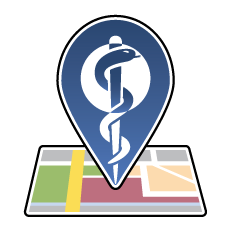Social: #TBIAwareness,
Twitter: @JohnnyOADTBI
Facebook: @johnnyofoundation
Website: www.thejohnnyo.org
Staying fit and healthy — and helping prevent the need for physical therapy — can come in the form of many activities. Of course, in winter, that often can mean ice skating, hockey, skiing, and more.
Given these activities, January is recognized as National Winter Sports TBI Awareness Month — that’s Traumatic Brain Injury.
Winter sports are a great way to have fun and stay in shape. Flying down the ski slopes at 25+ miles per hour or shredding the terrain on a snowboard at more than 20 mph is certainly exhilarating, but it can be dangerous, especially if you hit your head when you crash at those speeds. Hitting your head can result in a traumatic brain injury (TBI), which can disrupt brain function.
In 2009, emergency departments in the United States treated 16,948 patients for head injuries sustained during the winter sports of skiing, sledding, snowboarding and snowmobiling, according to the American Association of Neurological Surgeons. As National Winter Sports TBI Awareness Month, January is a great time to learn about traumatic brain injuries associated with winter sports.
About TBIs and Winter Sports
Your risk for TBI depends largely on the winter sport you play. A 2015 study published in OrthopaedicJournal of Sports Medicine looked at the incidence of head and neck injuries in seven "extreme sports," which include the winter sports snowboarding, snow skiing, and snowmobiling, along with the summer sports surfing, skateboarding, mountain biking and motocross. They found that, of the winter sports, snowboarding and skiing had the highest number of head and neck injuries while snowmobiling had the lowest.
Of all sports, the most concussions were associated with snowboarding. In fact, snowboarding accounted for about 30 percent of all concussions incurred during extreme sports. Snow skiing accounted for about 25 percent.
The Johnny O Foundation
P. O. Box 15211
Scottsdale, AZ 85267
(602) 820-7655
(480) 427-4987 Fax
info@thejohnnyo.org
www.thejohnnyo.org
Materials available
Contact: None designated
“Source: 2019 National Health Observances, National Health Information Center, Office of Disease Prevention and Health Promotion, U.S. Department of Health and Human Services, Washington, DC.”

